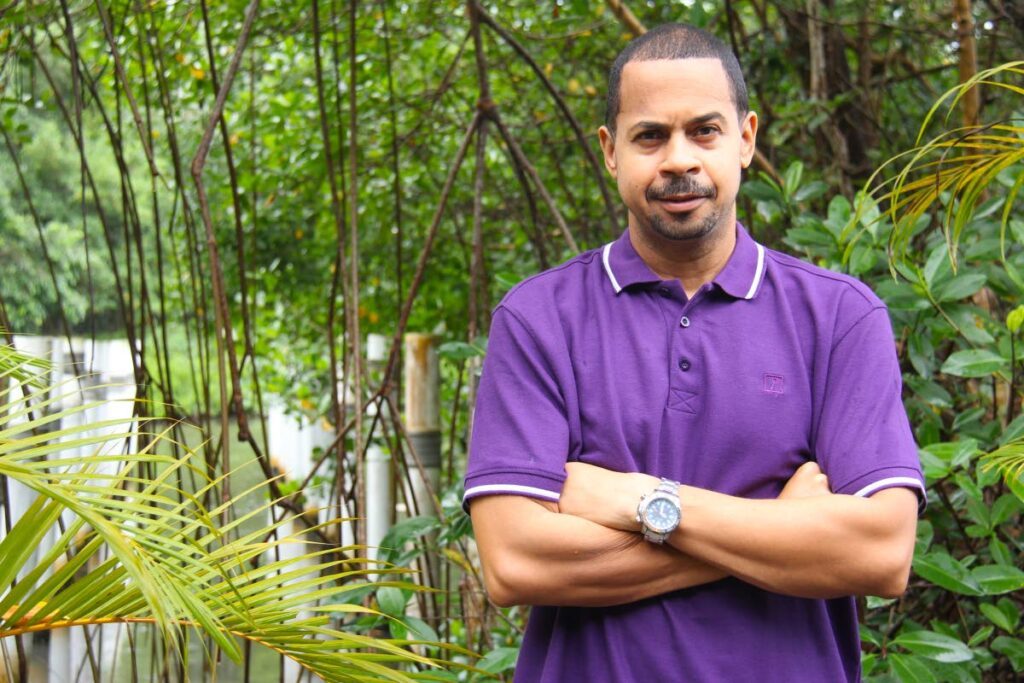Wanted: Specifics on anti-crime scheme

ONE HUNDRED million dollars for the Defence Force to fight crime in "certain communities." What's that supposed to look like?
The Prime Minister says he instructed the minister of finance to allocate that sum for the Defence Force to hire more soldiers and undertake a "special intervention." What does that mean? Which communities are targeted for this mission? Political meetings are typically heavy on attack rhetoric and light on policy details so the public just got the glossy brochure.
Still, you have a right to know how this money will be spent...if ever. During both terms of the current administration, the population has been repeatedly reminded of our straitened finances. So where's this $100 million to fund some nebulous anti-crime salvo coming from? Between the couch cushions? How is the Defence Force, apart from employing more soldiers, going to use this money in the communities? What are the specific programmes?
Killers are jumping walls, ambushing people in their driveways, and pouncing on citizens as they clock out of their shifts. If resources available to the State are limited, isn't it more prudent to invest in tools and strategies to stop this siege in the shortest time possible?
It's my understanding that half the security cameras installed by the State across the country are out of commission. This pokes out one eye of the police surveillance apparatus, affecting the speed of their responses to robberies and murders.
Rather than going door-to-door hustling businesses or homeowners for their security footage, the police should be able to pull up video from the TTPS surveillance network within minutes of a crime being reported. If there's money lying around one would think some of it would be sent to the battlefront.
The idea of $100 million being thrown behind some loosely defined community initiative shouldn't rest easy with anyone. Whenever I've courted a private company with a proposal the process was rigorous. In every case I was required to, line by line, break down specific costs and identify where the money was going.
Potential clients want a sense of what they're getting out of the money they invest and exactly how the budget I lay out would get them there. This is how it works in the normal world. While a government shouldn't be run like a business, it shouldn't function like a Masonic lodge either.
At least when you're operating a business you have to put logic to spending. A problem must be identified and researched – the data must be pored over. A strategy can be developed out of a clarified understanding of the challenges. After the strategy has taken shape, that's when you slap a cost on it.
The "community intervention" announced by the PM at that political meeting could only be interpreted as a back-to-front version of what I've described.
No one can deny that at least one part of any crime strategy must involve community outreach. That's why I've written about programmes such as Coffee vs Gangs in previous columns. In Honduras, there's a murder every hour.
The Coffee vs Gangs initiative was conceived to give adrift youth a viable alternative to grinding poverty, unemployment and the irresistible allure of gang fraternity. With a local cocoa industry short on reliable labour, the Coffee vs Gangs model is worth serious consideration for application here.
I've also written extensively about setting up after-school tutoring for children in at-risk communities (although we're all at risk now.) With such initiatives there's a clear horizon on where the money's going – the recruitment of former teachers, laptops, other learning resources, and regular audits of the programme to measure effectiveness.
Restraining the murderous monster that crime has become can't happen without getting into the communities, but that's the long game. Such strategies must be rolled out in combination with emergency short-term crime interdiction measures.
Government supporters love to preach that critics of their faith only complain but offer no solutions. This is demonstrably false. There's a room somewhere filled with reports, studies and plans going down through the ages and various administrations on the vexing question of growing criminality. The fact that crime continues to metastasize throughout society is a function of failed politics – failed politicians.
One hundred million dollars for the Defence Force for a vague scheme reads like the good old "politics over policy" that defines our decline. The stakes are too high, though, to abandon our fates to the entropy of rudderless governance.

Comments
"Wanted: Specifics on anti-crime scheme"